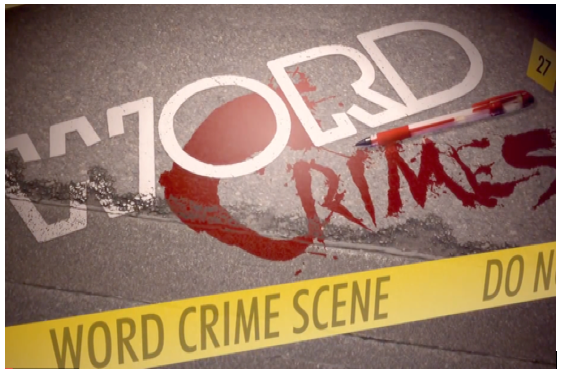CommentsGELFAND’S WORLD--The difference between Richard Nixon and Donald Trump is that Nixon at least had pretensions about being an intellectual and had one or two serious ideas about foreign policy.
***
Trump Opera ‘Chaos’-Along those lines, Nixon's celebrated 1972 opening to China was later memorialized by the 1987 John Adams opera Nixon in China. I wonder what sort of opera will memorialize the presidency of Donald Trump?
***
PR TO HR--Have you ever wondered why Personnel departments suddenly became Human Resources? Human resources are what they store in bottles in the blood bank. The term Human Resources is one of those euphemisms that is supposed to make it sound like they are there for your benefit. But of course they are paid to represent the interests of the organization.
***
THE HR RULE--Still, I've seen one exception to the HR rule, but it involved an HR person preventing one supervisor from doing something so stupid that the whole company would have gotten into big trouble if it had happened. The supervisor went on a month-long trip to another continent and expected her salaried employee to resign his position and stop taking pay -- and somehow to do this on his own. The HR person said that this was not part of standard procedure and told the employee to keep coming to work and to keep getting paid. And in so doing, the HR action inadvertently benefitted the employee. It helped that the HR person was only there part time as a contract worker.
***
ALTERNATIVE FACTS--Speaking of euphemisms, we are in an era of political rhetoric which begins in euphemism and elevates it to outright lying. Remember "alternative facts?" This is kind of a euphemism for the word euphemism.
***
FAKE NEWS--There have been so many lies in the interim that people have forgotten quite how stupid Kellyanne Conway sounded back in January of 2017. But the idea of alternative facts led ultimately to that next big lie, "fake news." The use of euphemism and vagaries for political argument is nothing new. We should take a new look at George Orwell's masterful essay published in the later 1940s.
***
IN OUR TIME--Here is a link to Orwell's essay Politics and the English Language. (You can find a collection of Orwell pieces including other landmark essays on the Gutenberg Australia site.)
"In our time, political speech and writing are largely the defense of the indefensible. Things like the continuance of British rule in India, the Russian purges and deportations, the dropping of the atom bombs on Japan, can indeed be defended, but only by arguments which are too brutal for most people to face, and which do not square with the professed aims of political parties. Thus political language has to consist largely of euphemism, question-begging and sheer cloudy vagueness. Defenseless villages are bombarded from the air, the inhabitants driven out into the countryside, the cattle machine-gunned, the huts set on fire with incendiary bullets: this is called pacification."
That sounds like a pretty good description of what goes on nowadays. All that has changed is the location. Remember the arguments that were raised to justify George W. Bush's Iraq invasion?
***
POLITICAL RHETORIC--I recommend that serious readers (and writers) read the Orwell essay in the entirety. I should point out that he begins with a few examples of truly awful writing that appeared in serious places at the time. To the modern reader, some of it is entirely incomprehensible, and the rest of it is somewhere between humorously opaque and sleep-inducing.
But as Orwell gets going, he sets forth a few rules of discourse for those who would write truthfully, and consigns modern political rhetoric to an unhealthy place:
"Political language-and with variations this is true of all political parties, from Conservatives to Anarchists—is designed to make lies sound truthful and murder respectable. and to give an appearance of solidity to pure wind. One cannot change this all in a moment, but one can at least change one's own habits, and from time to time one can even, if one jeers loudly enough, send some worn-out and useless phrase—some jackboot, Achilles' heel, hotbed, melting pot, acid test, veritable inferno or other lump of verbal refuse—into the dustbin where it belongs."
***
NEED MORE OPTIMISM--In present day Los Angeles, we can wonder whether the Department of Neighborhood Empowerment is named in an overly optimistic way, a sort of Ministry of Truth for real life. The "DONE" term goes back to the city Charter amendments of 1999, when there was some thought (and hope) of actually bringing the people and government closer together. Unlike some of my coauthors here, I think some progress has been made, but the term empowerment refers to local neighborhoods grabbing power back from centralized authority. The system, as currently constituted, does not work in that way.
(Bob Gelfand writes on science, culture, and politics for CityWatch. He can be reached at [email protected])
-cw

















